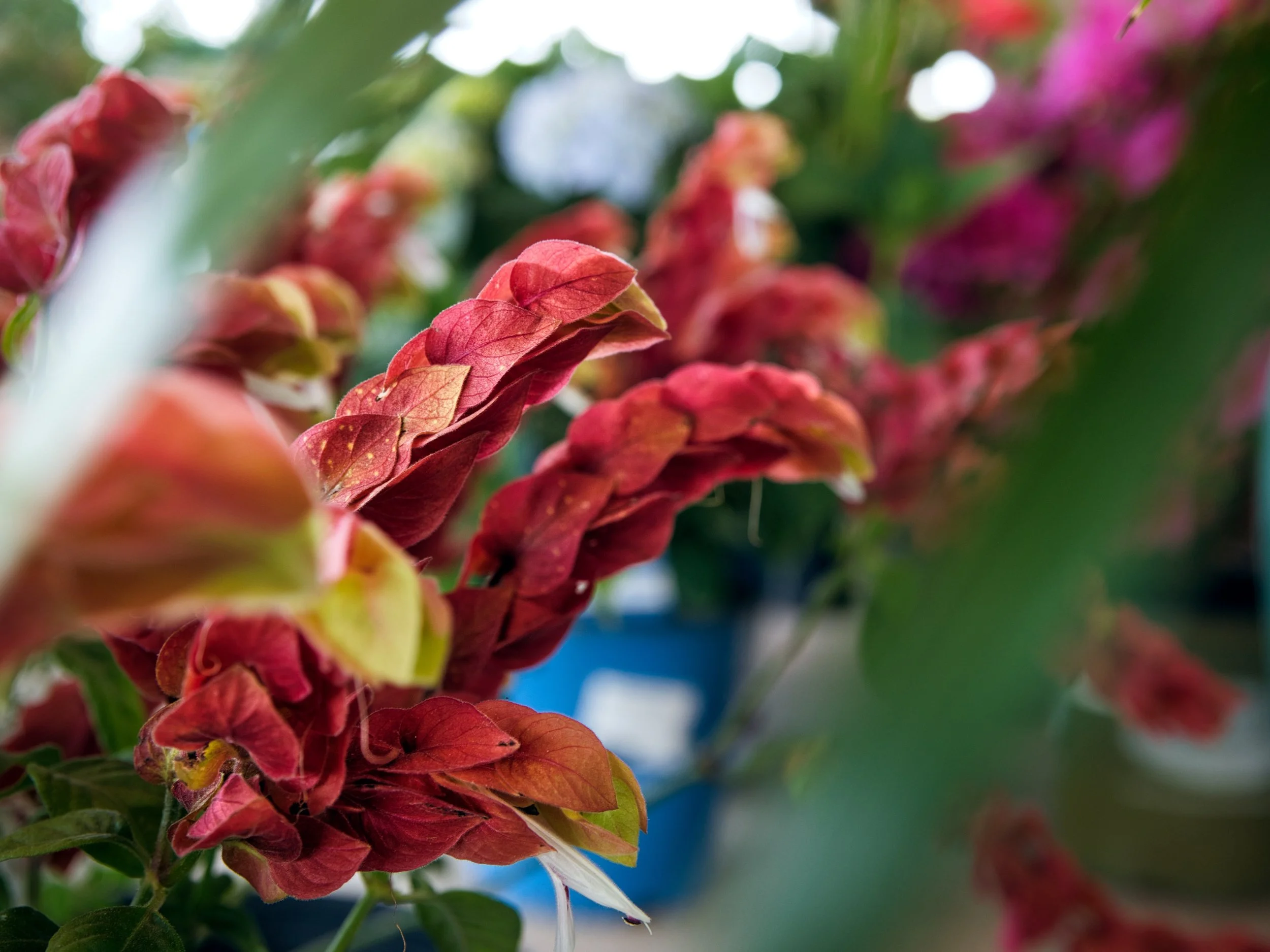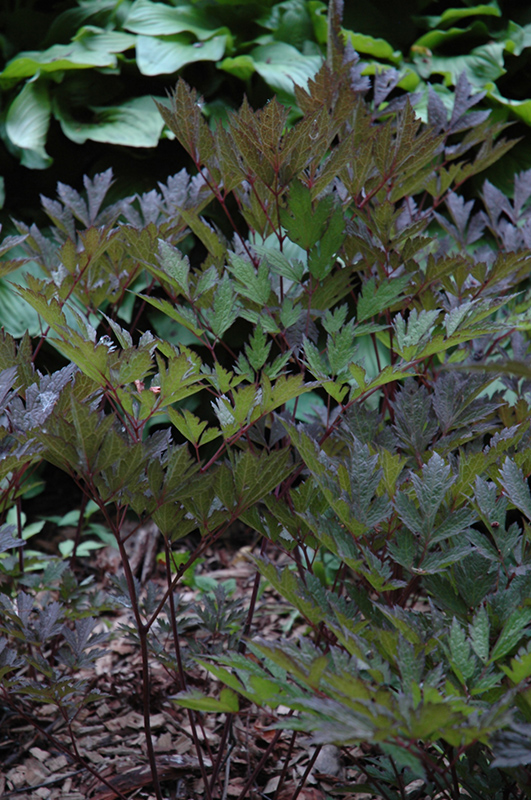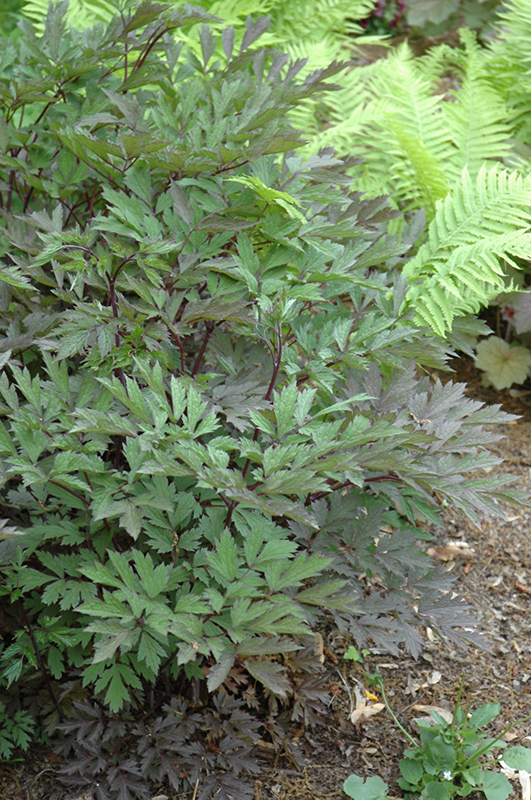James Compton Black Snakeroot
Actaea racemosa 'James Compton'
Plant Height: 3 feet
Flower Height: 4 feet
Spread: 3 feet
Sunlight:
![]()
![]()
![]()
Hardiness Zone: 3b
Other Names: Black Snakeroot, Black Cohosh, Cimicifuga racemosa
Description:
Beautiful leaves are deep dark green tinged with purple; bold spikes of very fragrant white flowers add interesting texture and an architectural element to the landscape
Ornamental Features
James Compton Black Snakeroot features bold spikes of fragrant white flowers rising above the foliage from late summer to early fall. The flowers are excellent for cutting. Its attractive serrated compound leaves emerge burgundy in spring, turning dark green in color with prominent deep purple tips and tinges of coppery-bronze throughout the season. The brown fruits are carried on spikes from late summer to late winter. The dark red stems can be quite attractive.
Landscape Attributes
James Compton Black Snakeroot is an herbaceous perennial with tall flower stalks held atop a low mound of foliage. Its relatively coarse texture can be used to stand it apart from other garden plants with finer foliage.
This is a relatively low maintenance plant, and should be cut back in late fall in preparation for winter. It has no significant negative characteristics.
James Compton Black Snakeroot is recommended for the following landscape applications;
- Mass Planting
- General Garden Use
- Naturalizing And Woodland Gardens
- Container Planting
Planting & Growing
James Compton Black Snakeroot will grow to be about 3 feet tall at maturity extending to 4 feet tall with the flowers, with a spread of 3 feet. It tends to be leggy, with a typical clearance of 1 foot from the ground, and should be underplanted with lower-growing perennials. It grows at a slow rate, and under ideal conditions can be expected to live for approximately 10 years. As an herbaceous perennial, this plant will usually die back to the crown each winter, and will regrow from the base each spring. Be careful not to disturb the crown in late winter when it may not be readily seen!
This plant performs well in both full sun and full shade. It prefers to grow in moist to wet soil, and will even tolerate some standing water. It is not particular as to soil type or pH. It is somewhat tolerant of urban pollution. This is a selection of a native North American species. It can be propagated by division; however, as a cultivated variety, be aware that it may be subject to certain restrictions or prohibitions on propagation.
James Compton Black Snakeroot is a fine choice for the garden, but it is also a good selection for planting in outdoor pots and containers. With its upright habit of growth, it is best suited for use as a 'thriller' in the 'spiller-thriller-filler' container combination; plant it near the center of the pot, surrounded by smaller plants and those that spill over the edges. It is even sizeable enough that it can be grown alone in a suitable container. Note that when growing plants in outdoor containers and baskets, they may require more frequent waterings than they would in the yard or garden.



